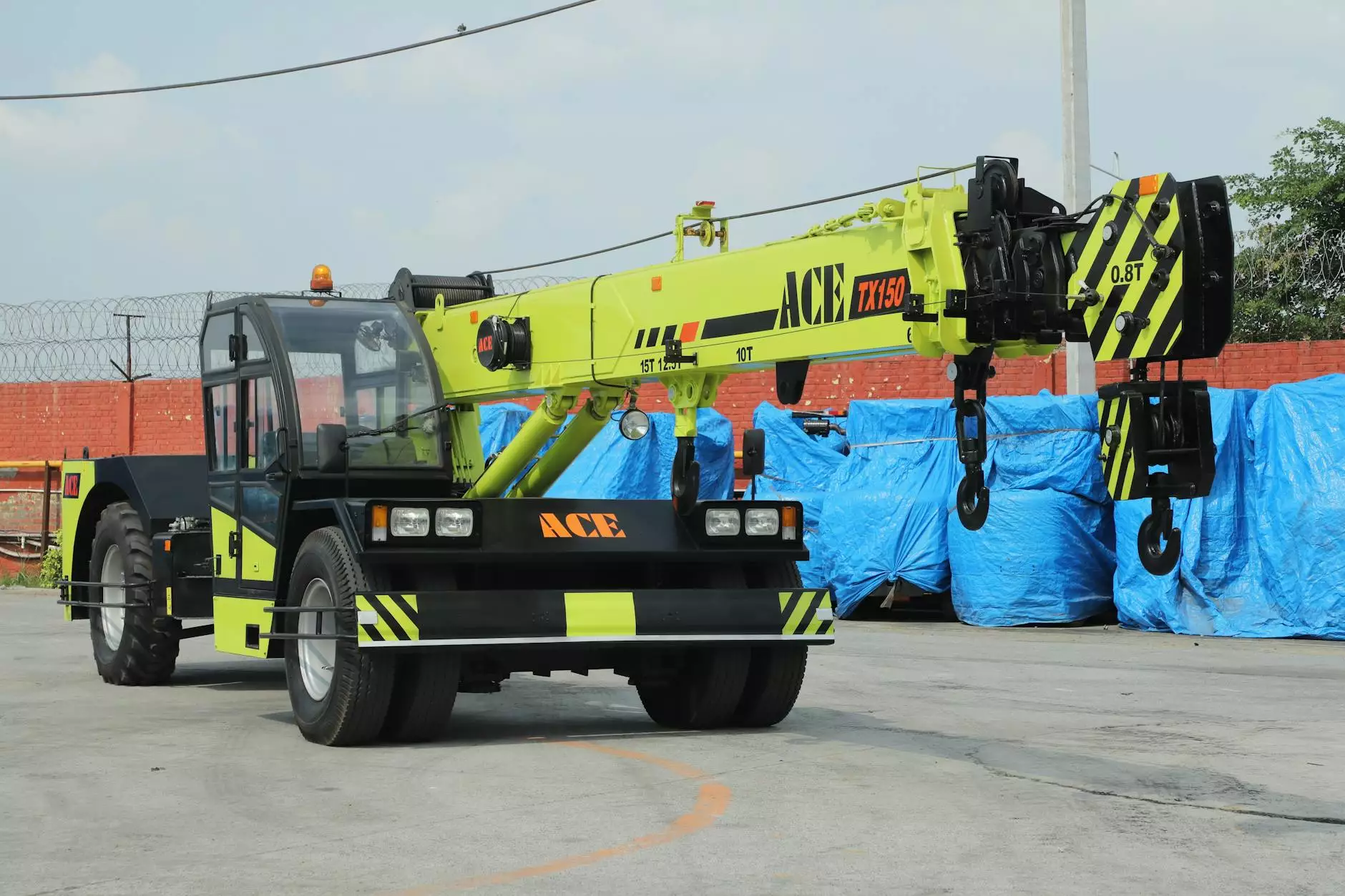Understanding Beer Distribution Companies: A Comprehensive Guide

The world of beer distribution companies is diverse and intricate, playing a crucial role in the journey of your favorite brews from the brewery to your glass. In this article, we will explore the various aspects of beer distribution, its significance in the beer industry, and how these companies operate. This guide is perfect for anyone interested in learning about the complexities behind beer distribution, including consumers, brewery owners, and aspiring entrepreneurs.
The Role of Beer Distribution Companies
Beer distribution companies serve as the crucial link between breweries and retail outlets, bars, and restaurants. Their primary responsibilities include:
- Transportation: Ensuring that beer is delivered promptly and safely from producers to vendors.
- Storage: Providing facilities to store beer in optimal conditions until it is sold.
- Sales and Marketing: Promoting the beer brands they represent to increase visibility and sales.
- Regulatory Compliance: Navigating the intricate licensing and legal requirements involved in alcohol distribution.
Types of Beer Distribution Companies
In the beer industry, there are several types of distribution companies, each serving specific market needs:
1. Wholesale Distributors
Wholesale distributors typically work directly with multiple breweries, purchasing beer in large quantities and selling it to retailers. They often have extensive networks, allowing them to reach a wide array of customers.
2. Microbreweries and Craft Distributors
Many microbreweries opt to distribute their beers through specialized craft distributors. These distributors focus on smaller, artisanal brands, providing them with a platform to reach niche markets.
3. National vs. Local Distributors
Some beer distribution companies operate nationally, providing distribution services across states, while others focus on local or regional markets. Local distributors often have a better understanding of community preferences and can offer personalized service to their clients.
4. Importers
Importers specialize in bringing international beers into a specific market. They handle customs, tariffs, and regulations related to foreign products, ensuring that the imported beer meets local standards.
The Distribution Process: A Step-by-Step Overview
The journey of beer from the brewery to the end consumer involves several critical steps:
1. Brewery Production
The process begins at the brewery, where beer is produced according to specific recipes and quality standards. Quality control is vital, as it ensures consistency and flavor.
2. Packaging and Labeling
Once the beer is brewed, it is packaged in bottles, cans, or kegs. Proper labeling is essential not just for branding but also for regulatory compliance, providing consumers with information about the product.
3. Transportation to Distributors
The packaged beer is then transported to the distribution company. This step requires careful handling to avoid damage or spoilage, using temperature-controlled vehicles as necessary.
4. Storage at Distribution Facilities
Upon arrival, the beer is stored in warehouses where temperature and humidity are regulated to maintain the beer's quality. Efficient inventory management is crucial at this stage to ensure availability and prevent waste.
5. Distribution to Retailers
Finally, the beer is distributed to various retail outlets, including bars, restaurants, and stores. This stage often involves scheduled deliveries based on demand and can include promotional activities to boost sales.
Impact of Beer Distribution on the Market
The system of beer distribution has a profound impact on the overall market dynamics for beer. Here are some key points to consider:
- Market Reach: Effective distribution can significantly enhance a beer brand's reach and visibility, leading to increased sales.
- Consumer Choice: The variety of options available in the market is largely influenced by the distribution strategies employed by different companies.
- Price Variability: Distribution costs can affect retail pricing. Understanding these dynamics can help consumers make informed purchasing decisions.
- Brand Loyalty: How consumers connect with brands is often facilitated by distributors through marketing and relationship management.
Challenges Faced by Beer Distribution Companies
While the role of beer distribution companies is vital, they also face numerous challenges that can affect their operations:
1. Regulatory Hurdles
The alcohol industry is heavily regulated, and distribution companies must navigate myriad laws and regulations. Adhering to these guidelines is crucial to avoid legal complications.
2. Market Competition
Competition between distributors can be fierce. Companies must continually evolve their strategies to stand out in a crowded market. This includes effective marketing, strategic partnerships, and possibly even mergers and acquisitions.
3. Consumer Trends
Shifts in consumer preferences, such as the growing demand for craft beers or non-alcoholic options, require distributors to adapt quickly to stay relevant.
4. Logistics and Supply Chain Issues
Distributors must manage complex logistics, including transportation, storage, and inventory management. Disruptions in the supply chain, such as those caused by natural disasters or pandemics, can have detrimental effects on business operations.
The Future of Beer Distribution Companies
Looking ahead, the landscape for beer distribution companies is likely to evolve due to several factors:
1. Technology Adoption
As technology continues to advance, beer distributors are likely to integrate more sophisticated logistics solutions, from inventory management systems to customer relationship management tools.
2. E-commerce Growth
The rise of e-commerce presents new opportunities for beer distribution. Companies are beginning to embrace online sales platforms, allowing consumers to purchase their favorite beers directly.
3. Sustainability Practices
With increasing concern over environmental issues, many distributors are exploring sustainable practices in their operations, such as reducing packaging waste and optimizing delivery routes to minimize carbon footprints.
4. Direct-to-Consumer Distribution Models
Some breweries and distributors are adopting direct-to-consumer models, allowing them to build relationships with customers and enhance brand loyalty.
Conclusion
Beer distribution companies play an essential role in the beverage industry, acting as the connector between breweries and the consumer market. Navigating the complexities of distribution requires expertise, strategic planning, and an understanding of the ever-changing market. As the industry continues to grow and evolve, those involved in beer distribution will need to remain adaptable to thrive.
For more insights on beer distribution companies and how they shape the beer landscape, connect with us at ilmatrading.com. Together, let’s explore the rich and flavorful world of beer distribution.









